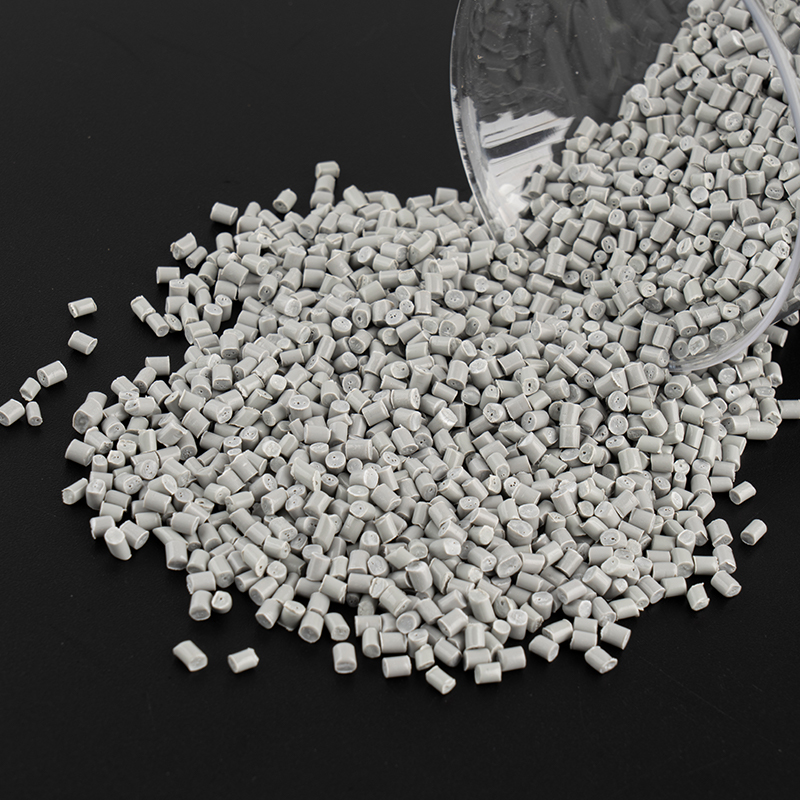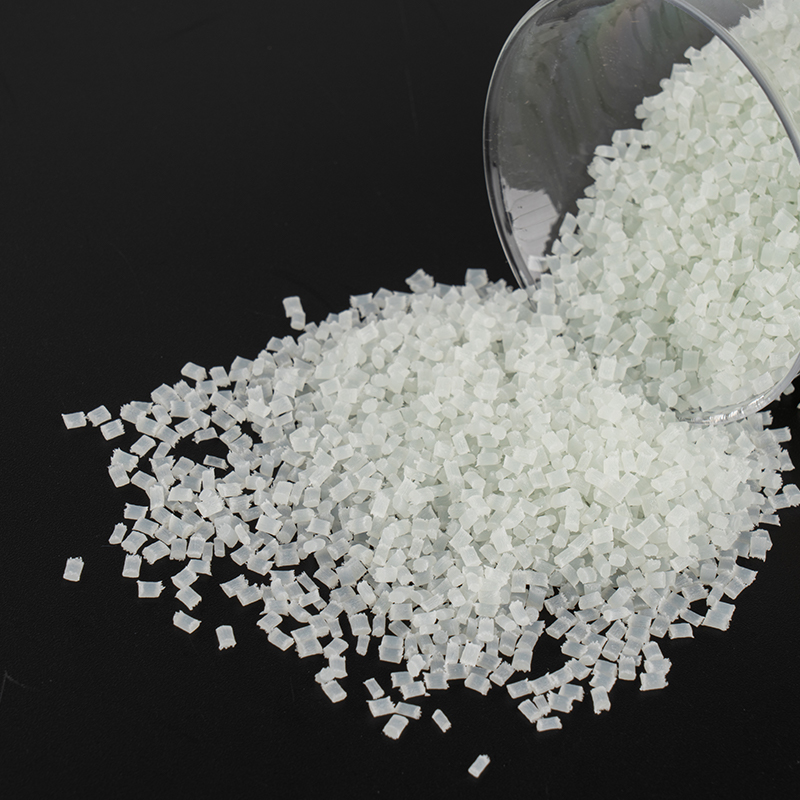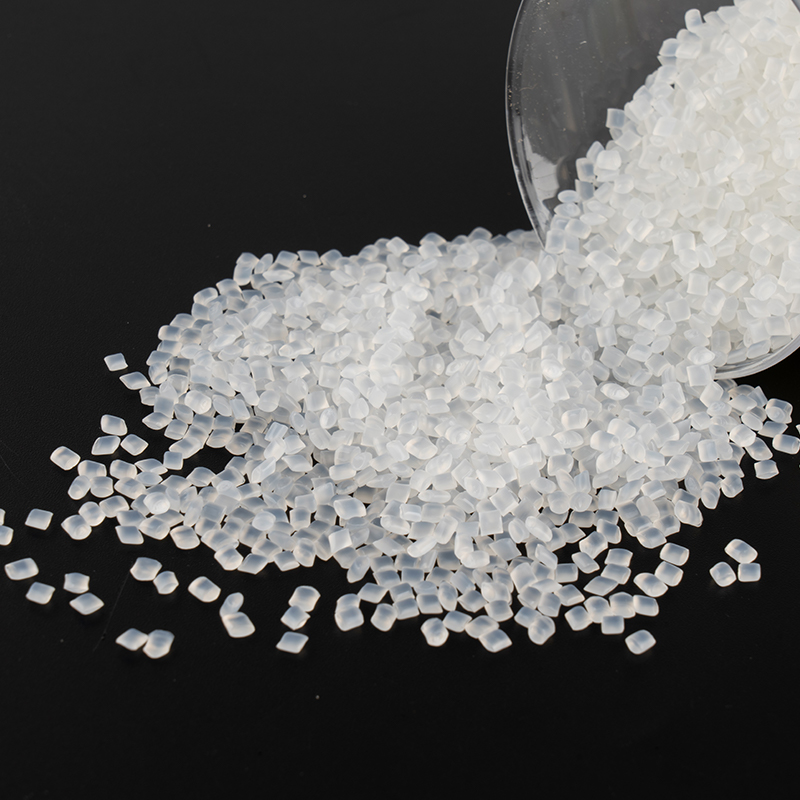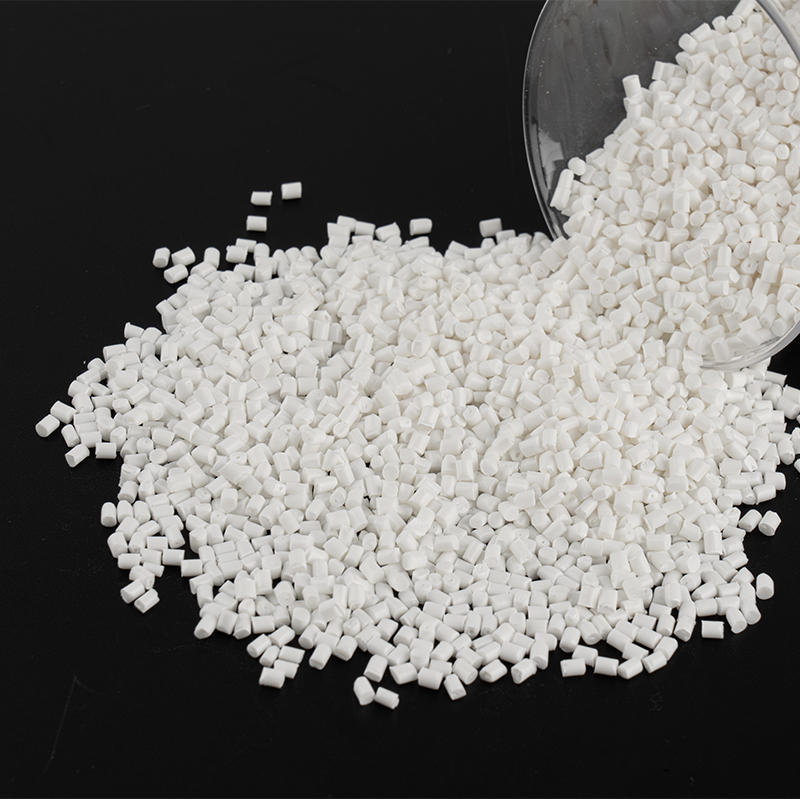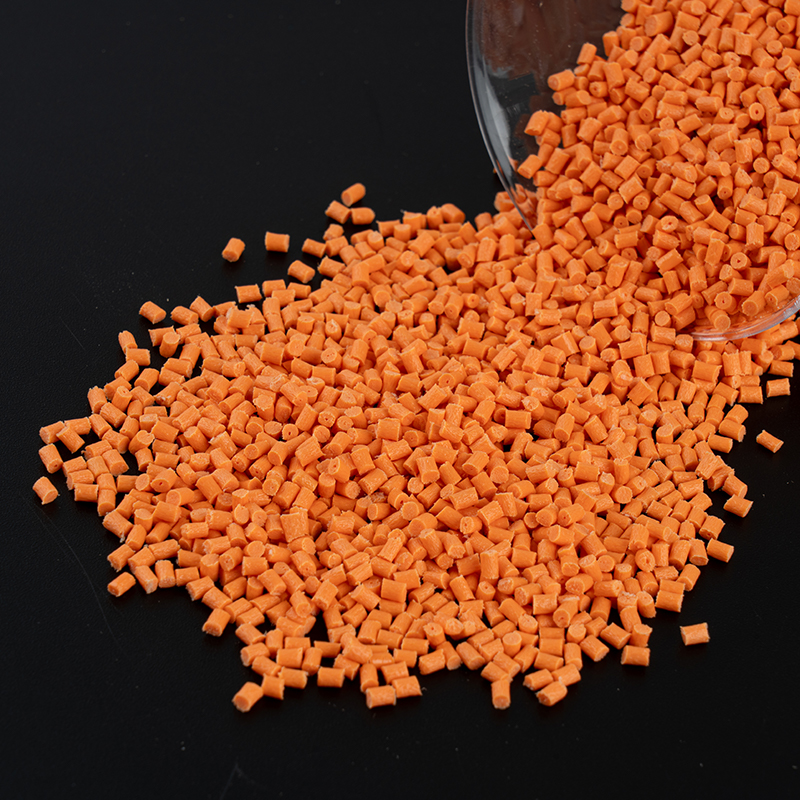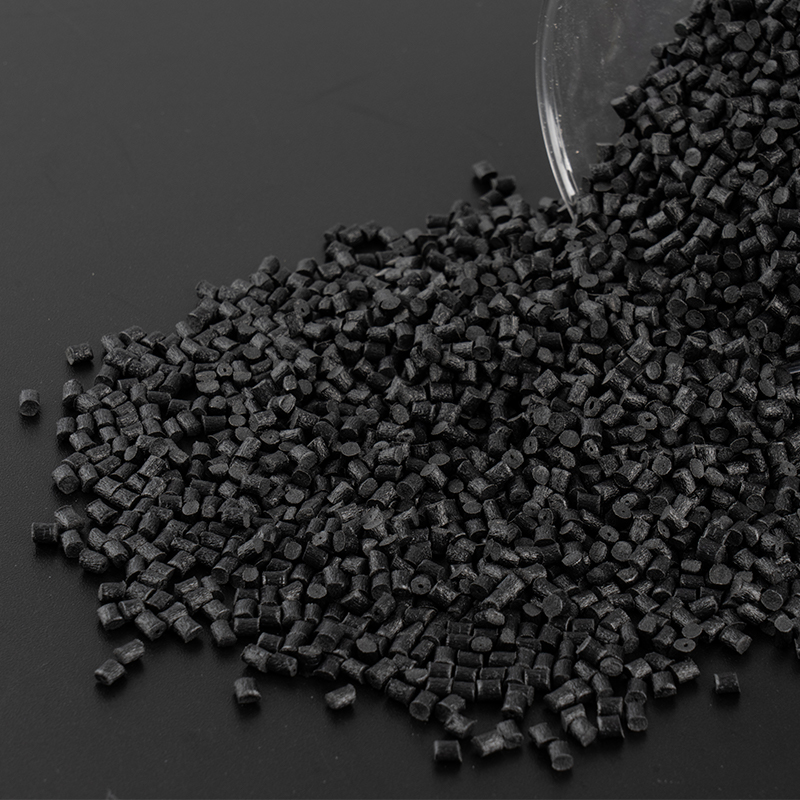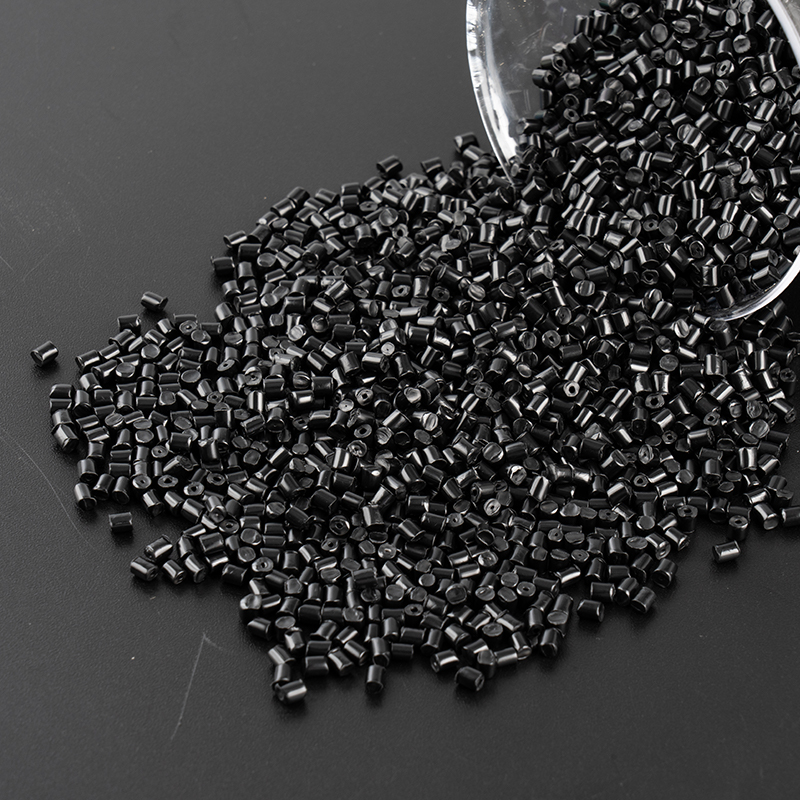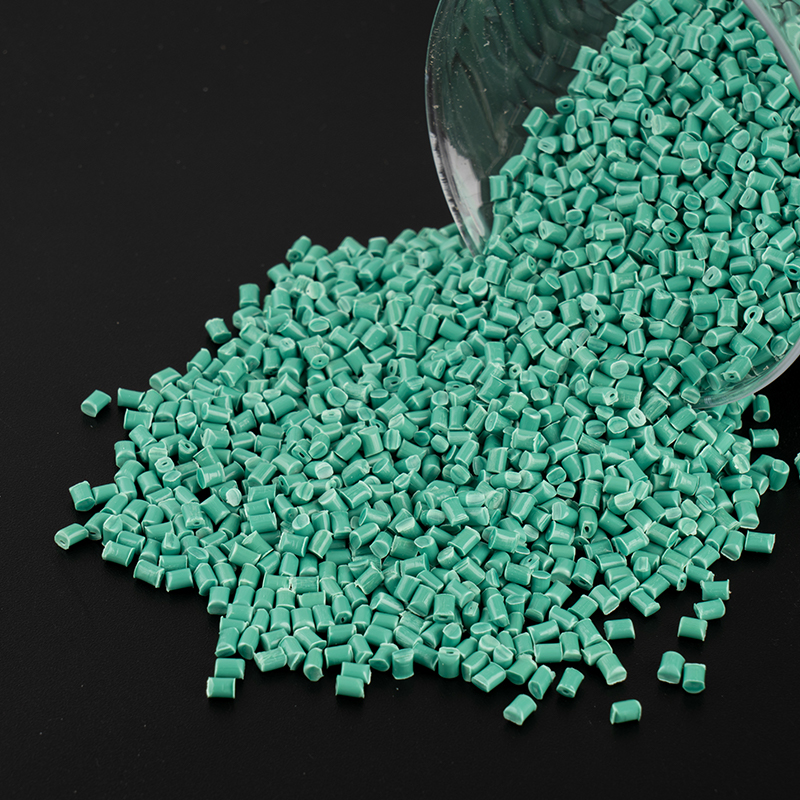In the context of modern manufacturing industry's continuous pursuit of high performance, low cost and sustainable development, the choice of materials has become one of the key factors determining product competitiveness. Compared with traditional general-purpose plastics, modified plastics have rapidly expanded their applications in many fields such as automobiles, electronics and electrical, household appliances, construction materials, and medical devices due to their excellent comprehensive performance.
From the perspective of the material structure itself, modified plastics are based on traditional plastics, and various functional additives or fillers are introduced through physical or chemical means to improve their mechanical properties, thermal properties, weather resistance, flame retardancy, dimensional stability, etc. By enhancing the modification, such as adding glass fiber, carbon fiber or mineral powder, the tensile strength, bending strength, impact toughness and rigidity of the material can be significantly improved. This strengthening effect makes the product more resistant to external impact and deformation during use, effectively extending its service life, and is particularly suitable for manufacturing structural parts, load-bearing parts and other parts with high strength requirements.
In addition to mechanical properties, modified plastics are also particularly outstanding in thermal stability. Ordinary plastics are prone to softening, deformation and even aging failure in high temperature environments, while modified plastics can significantly increase their heat deformation temperature and thermal aging life by adding heat-resistant additives and high-performance matrix resins. In this way, the product can still maintain stable structural performance under long-term high-temperature working environment, and is especially suitable for application scenarios with strict temperature requirements such as automotive engine compartment components, electrical components, and lighting housings.
When facing complex environments, modified plastics also show excellent chemical resistance. Through special formula design, it can resist the erosion of various corrosive media such as acids, alkalis, salts, and oils, so that the product can also work stably in harsh environments such as chemical, marine, and outdoor. For example, plastic parts used in water treatment equipment, fuel delivery systems, and agricultural equipment usually use modified materials with excellent corrosion resistance, which greatly extends the overall service life and maintenance cycle of the equipment.
Safety is also an important criterion for measuring the quality of materials. Modified plastics can be flame-retardant treated according to the use requirements, and by adding high-efficiency flame retardants (including halogen-free environmentally friendly flame retardants) to achieve UL94 V-0 grade standards. In the field of electronic appliances, this performance is particularly critical. It can not only prevent electrical appliances from overheating and catching fire, but also effectively suppress the spread of fire in the event of a fire, protecting the safety of users' lives and property.
Modified plastics also have unique advantages in dimensional stability. By controlling its molecular structure and thermal expansion coefficient, the deformation and shrinkage caused by temperature changes or humid environment can be reduced, so that the product can still maintain good dimensional accuracy after long-term use. This is particularly important in applications such as electronic components and precision connectors that require extremely high structural accuracy.
With the development of surface modification technology, the appearance performance of modified plastics has also been significantly improved. By improving its surface fluidity, glossiness, color dispersion and other characteristics, the surface of the product can be made smoother and more delicate, with bright and lasting colors, providing a good foundation for subsequent spraying, electroplating, silk screen printing and other processes. For those home appliances, consumer electronics and other products that have high requirements for appearance, modified plastics not only provide a solid core, but also bring a high-quality visual experience.






